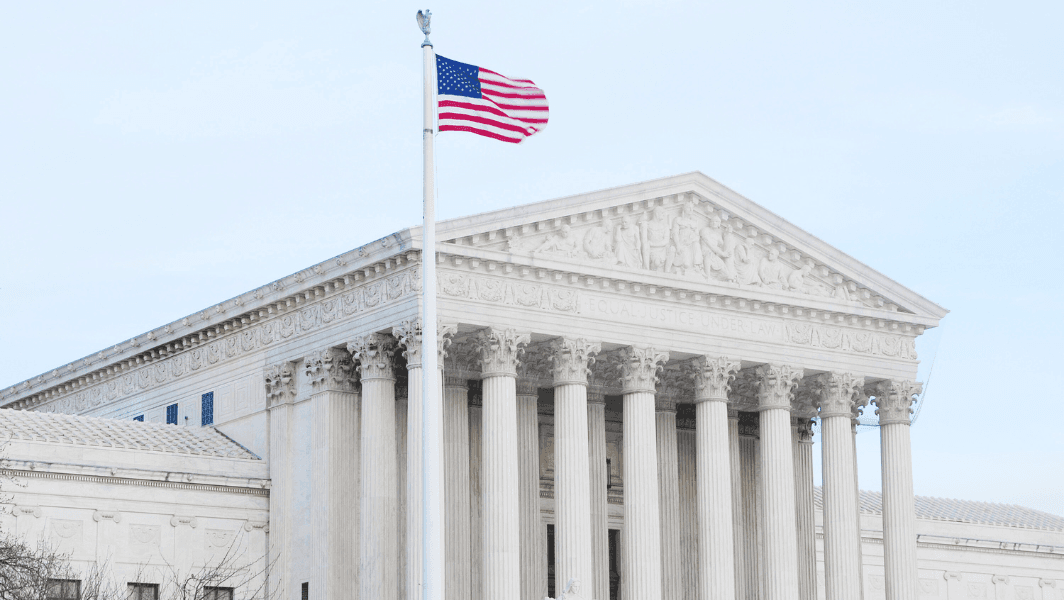
US Supreme Court Hears Arguments in ‘Straight Discrimination’ Case
Landmark Case Examines Whether Sexual Orientation Bias Can Extend to Heterosexual Individuals
The U.S. Supreme Court on Tuesday heard arguments in a case that could redefine the scope of workplace discrimination laws. The case, which centers on whether heterosexual individuals can claim sexual orientation discrimination, has sparked nationwide debate on the interpretation of civil rights protections under federal law.
The lawsuit involves a straight employee who claims to have faced discrimination and workplace retaliation based on their sexual orientation. The case could determine whether Title VII of the Civil Rights Act of 1964, which prohibits sex-based discrimination, extends protections to heterosexual workers who allege bias due to their sexual identity.
Plaintiff’s Allegations: A Case of Reverse Discrimination?
The plaintiff, whose identity remains confidential due to legal proceedings, argues that their employer treated them unfairly because they are heterosexual. Court documents reveal that the individual experienced:
-
Derogatory remarks regarding their sexual orientation.
-
Exclusion from workplace events and discussions.
-
Denied promotions in favor of LGBTQ+ colleagues.
The legal team representing the plaintiff contends that sexual orientation discrimination should be a two-way street, meaning that LGBTQ+ and heterosexual individuals should receive equal protection under the law.
Opposition: Discrimination Claims Lack Merit
The defense, representing the employer, argues that the lawsuit is an attempt to weaponize anti-discrimination laws. They maintain that the plaintiff was not treated unfairly due to their orientation but rather due to work performance and professional conduct.
Attorneys for the employer insist that anti-discrimination laws were designed to protect historically marginalized groups, and extending these protections to heterosexual individuals could dilute their purpose.
Supreme Court Justices Question the Boundaries of Title VII
During oral arguments, the nine justices of the Supreme Court questioned the potential consequences of a ruling in favor of the plaintiff.
Justice Sonia Sotomayor expressed concerns over whether expanding discrimination laws to heterosexual individuals could weaken protections for historically disadvantaged groups.
On the other hand, Justice Neil Gorsuch raised the issue of textualism, arguing that if Title VII applies to sexual orientation, then protections should not be one-sided.
Potential Ramifications: What’s at Stake?
Legal experts warn that a ruling in favor of the plaintiff could broaden workplace discrimination lawsuits, potentially leading to an increase in reverse discrimination claims.
If the Court rules against the plaintiff, it could reaffirm the idea that discrimination protections were primarily designed for marginalized groups rather than for all sexual orientations equally.
A Decision That Could Reshape Employment Law
The Supreme Court is expected to rule on the case by mid-2025, a decision that could have far-reaching implications for workplace discrimination laws in the United States.
For now, legal scholars, employers, and civil rights groups await a verdict that could either redefine the scope of discrimination protections or reaffirm existing legal interpretations
For any enquiries or information, contact info@thelawreporters.com or call us on +971 52 644 3004. Follow The Law Reporters on WhatsApp Channels